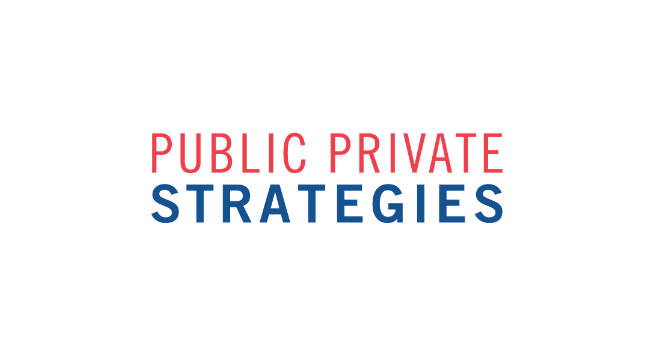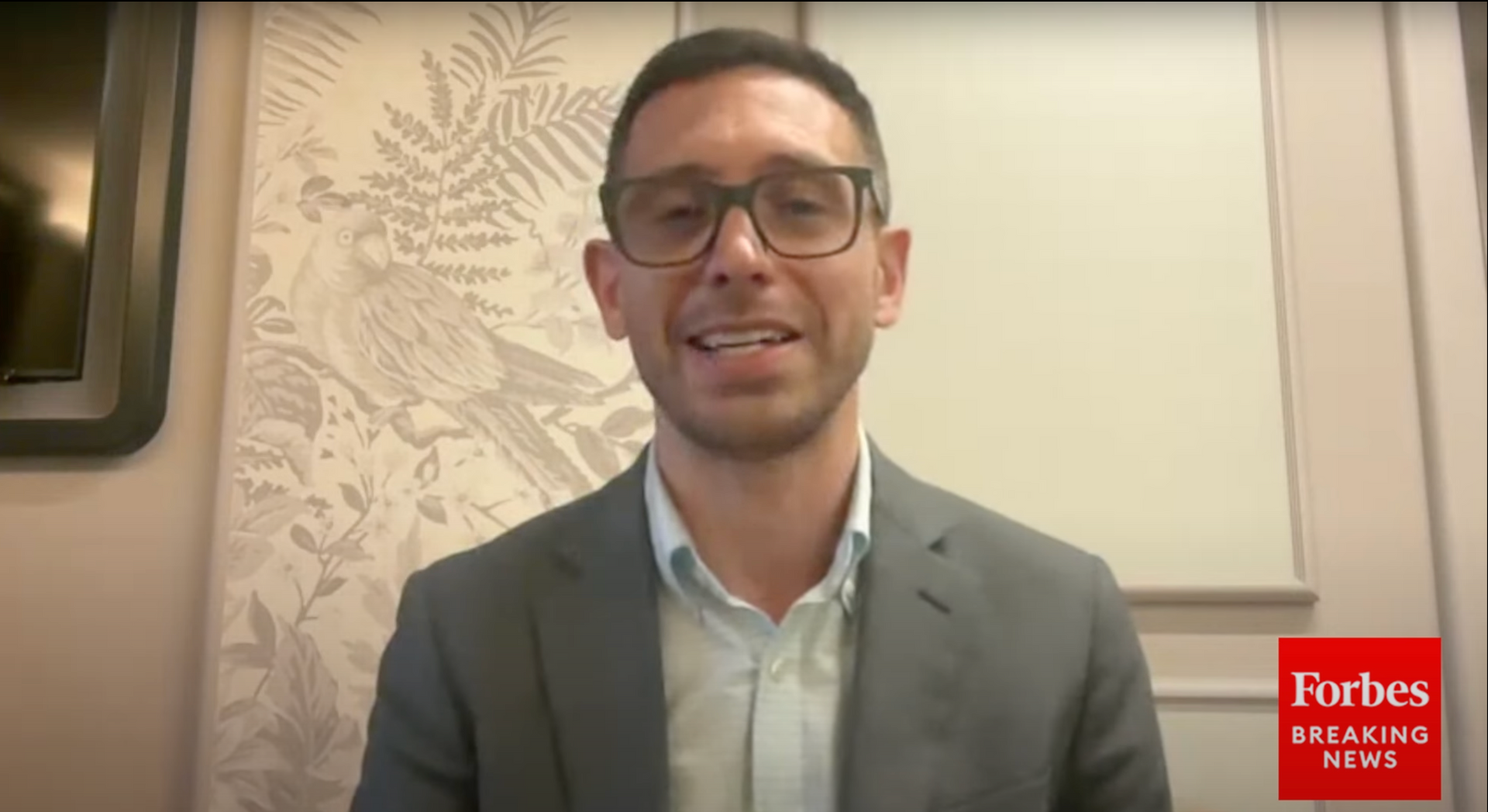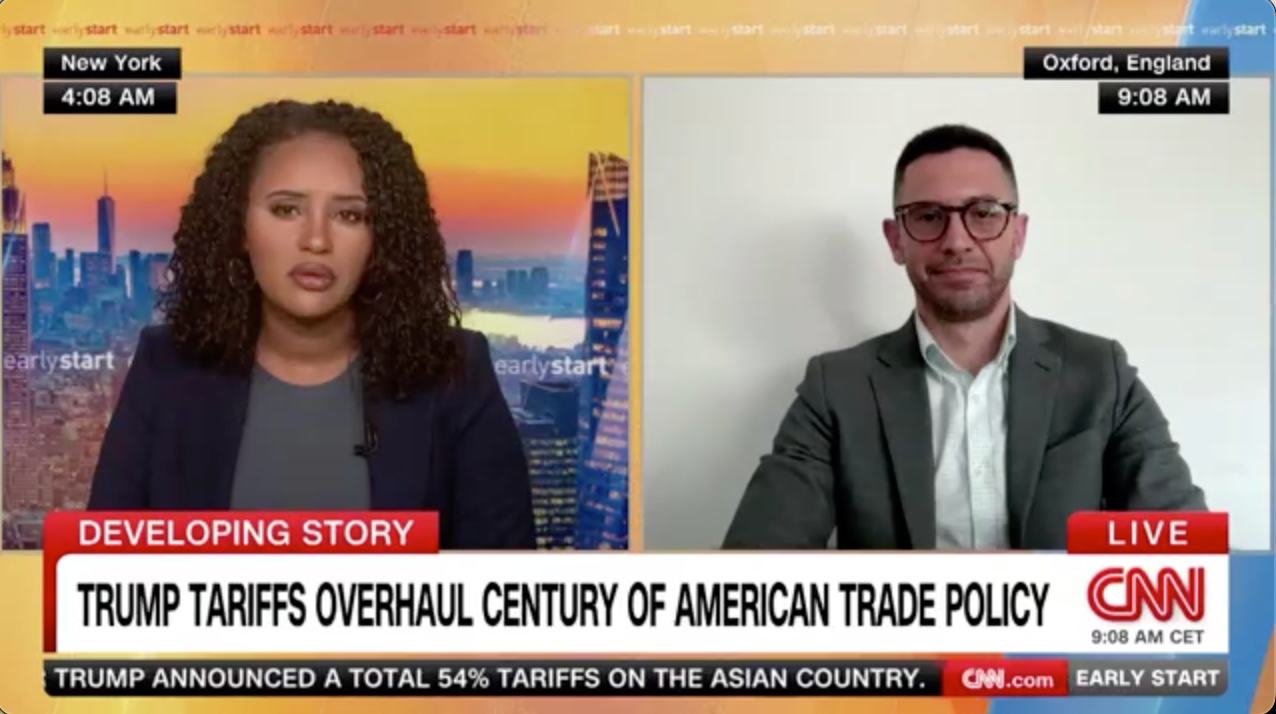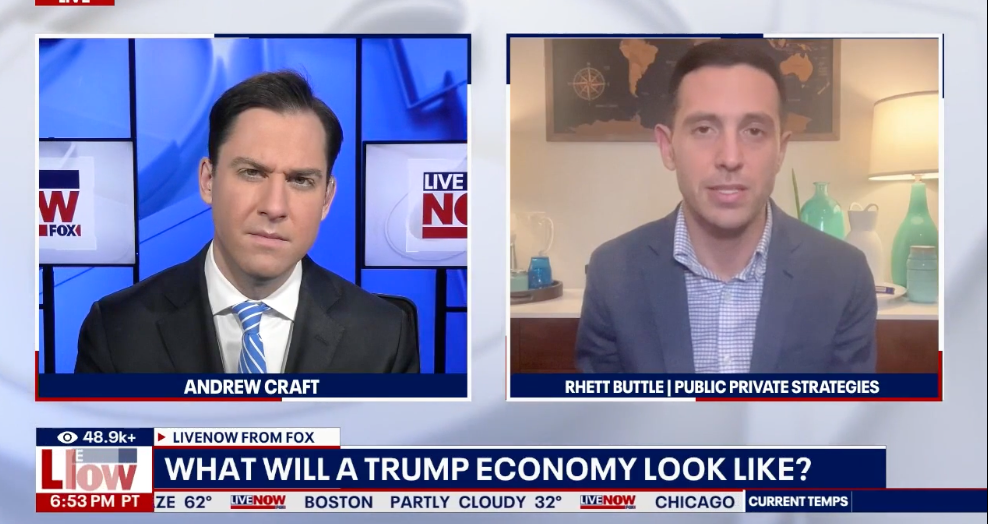Celebrate Small Business by Building Back Better
This week we are celebrating National Small Business Week, where the U.S. Small Business Administration (SBA) recognizes and honors the critical contributions of America’s entrepreneurs and small business owners. If Congress wants to show its support and appreciation for American small businesses, it should pass two important pieces of legislation, the Bipartisan Infrastructure Deal and the budget reconciliation bill -- commonly known as the Build Back Better Plan -- in the coming weeks.
Currently, several House Committees are currently marking up the budget reconciliation bill. This legislative proposal includes provisions that have the opportunity to touch every aspect of American life from cradle to grave. Critical components of the legislation include healthcare, retirement security, child care support, paid leave, and tax reform. Independent
analyses of President Biden’s full economic agenda projects that it will add more than $4.5 trillion to the GDP over the next decade.
The Covid pandemic has resulted in a shift in the way we work as workers prioritize flexible working arrangements and benefits such as paid leave and healthcare. At the same time, Covid has changed the way the economy acts as a result of higher than usual unemployment rates and workplace restrictions to slow the spread of the virus. At this time, nearly 10 million Americans are unemployed and a recent
Indeed study found that only 10% of them are actively looking for jobs for seasons that range from childcare to worries over the virus. A large investment is needed to meet the changing environment and workforce.
This package will enable small businesses to be more competitive, help their workers, and strengthen communities. Most importantly, an overwhelming majority of Americans support it. A recent
Navigator Research poll found that 70% of the country believe it should be passed urgently.
Here are six ways it will help small business owners and benefit the economy.
1. Leveled Playing Field on Taxes with More Fair Rates
A Small Business for America’s Future survey found that 72% of small business owners feel the current tax system favors big business over small businesses, and a striking 67% support raising taxes for large corporations to fund much needed infrastructure and care economy investments. This legislation levels the playing field by raising the tax limit on the most profitable corporations and wealthiest individuals with corporate and individual tax rates of 26.5% and 39.6% respectively. It also cuts the tax rate for businesses with an income of less than $400,000 per year to 18%, which is most small businesses. Important: It does not raise taxes on individuals making less than $400,000 a year and married couples making $450,000 per year, and 97% of small businesses would be protected from any tax increase.
2. Child Tax Credit (CTC) and the Earned Income Tax Credit (EITC)
One-third of adults with children struggle to cover needed expenses like food, rent, and healthcare and are not in a position to even think about entrepreneurship. The American Rescue Plan (ARP) raised the Child Tax Credit (CTC) from $2,000 to $3,000 per child for children over six and $3,600 for children under six. The budget reconciliation package expands to provide it to 40 million households. It also increases the Earned-Income Tax Credit from $543 to $1,502. This additional income will allow millions of Americans to shift their focus from paying for necessities to growing their wealth through actions that include starting businesses and creating jobs.
3. Expanded Healthcare and Lowers Costs
The Affordable Care Act (ACA) made it possible for millions of small business owners and their employees to obtain health insurance and the ARP limited enrollees premiums to no more than 8.5% of their income for their premiums. The proposal extends the ARP provision and also closes the Medicaid gap for low-income Americans, helping 4 million uninsured people gain coverage in states that have not expanded Medicaid. It also adds dental, vision, and hearing coverage to Medicare.
4. Investment in Small Businesses
The legislation makes a significant investment to meet aspiring and established entrepreneurs where they are with affordable loan options and federal contracting and mentorship opportunities. The package budgets for an investment of $25 billion in American small businesses over the next 10 years. This allocations include:
- $4.465 billion to fund a direct loan program under the current 7(a) lending program managed by the Small Business Administration (SBA)
- $9.5 billion to provide capital to underserved markets and small manufacturers
- $2.746 billion to allow Certified Development Companies (nonprofit organizations certified by the SBA to provide financing to small businesses through the SBA's 504 loan program) to make loans in underrepresented markets
- $1.75 billion for an uplift accelerator program and business development academy at Historically Black Colleges and Universities, Minority Serving Institutions, and community colleges for underrepresented small businesses looking to contract with the government
- $35 million for veteran federal procurement entrepreneurship training
- $20 million each to support the SBA’s Office of Native American Affairs and Office of Rural Affairs
- $20 million to create an Office of Emerging Markets
5. Child Care
More than half of all children in the United States lack access to preschool or adequate child care options. This inhibits many of their parents from starting new businesses and entering and re-entering the workforce. Small business owners understand how the lack of affordable child care impacts their businesses, and are ready for Congress to take action. According to a Small Business for America’s Future survey of over 1,000 small business owners this summer, 66% said they believe the federal government has a role to play in delivering affordable, high-quality child care, and 64% support ongoing financial assistance to help families pay for it. The package addresses this by ensuring that low- and middle-income households pay no more than 7% of their income on child care up to the age of five, saving the average family $14,800 per year. The importance of child care and broadly, the care economy, to America's entrepreneurs was highlighted in a recent blog post by Esty CEO, Josh Silverman, who emphasized the connection between strong families and strong business. The Biden Administration will also work with states to offer high-quality preschool for all 3- and 4- year-olds, which would also save the average family $13,000 a year. This will free up more Americans to invest in the growth of Main Streets in their communities.
6. Paid Family and Medical Leave
Start a business or have children? That’s often the question many Americans are faced with because of the loss of income when having a child. A Small Business for America’s Future survey found that nearly six out of 10 small business owners support some form of a national paid family and medical leave policy. Currently, the closest American workers have to a leave policy is the Family and Medical Leave Act (FMLA), which provides up to 12 weeks of unpaid leave. Even with the FMLA, temporarily stepping away from the workforce is not feasible for most workers, and those that do are often forced to make decisions that impact their finances. The reconciliation proposal will provide paid family and medical leave to parents for birth of a newborn or adoption, those with caregiving responsibilities, or individuals coping with military deployment of family members. Workers could take up to 12 weeks of paid leave under the program that will begin in 2023. Under the program, workers could receive two thirds of their average weekly pay, up to a maximum of $4000 per month.
Investing in our human capital assets -- our people -- isn’t just good for our economy. It’s good for our nation as a whole. The last 18 months exposed the vulnerabilities of so many Americans. Both the Build Back Better Plan and Bipartisan Infrastructure Plan address these inequities and will strengthen our Main Streets.
This piece originally appeared in Forbes on September 15, 2021. You can view it online here.
Rhett Buttle is the founder of Public Private Strategies, Executive Director of the Small Business Roundtable, Founder of the NextGen Chamber of Commerce, a Senior Fellow at The Aspen Institute, and a contributor for Forbes.
WANTING MORE NEWS? SIGNUP TODAY
Contact Us







